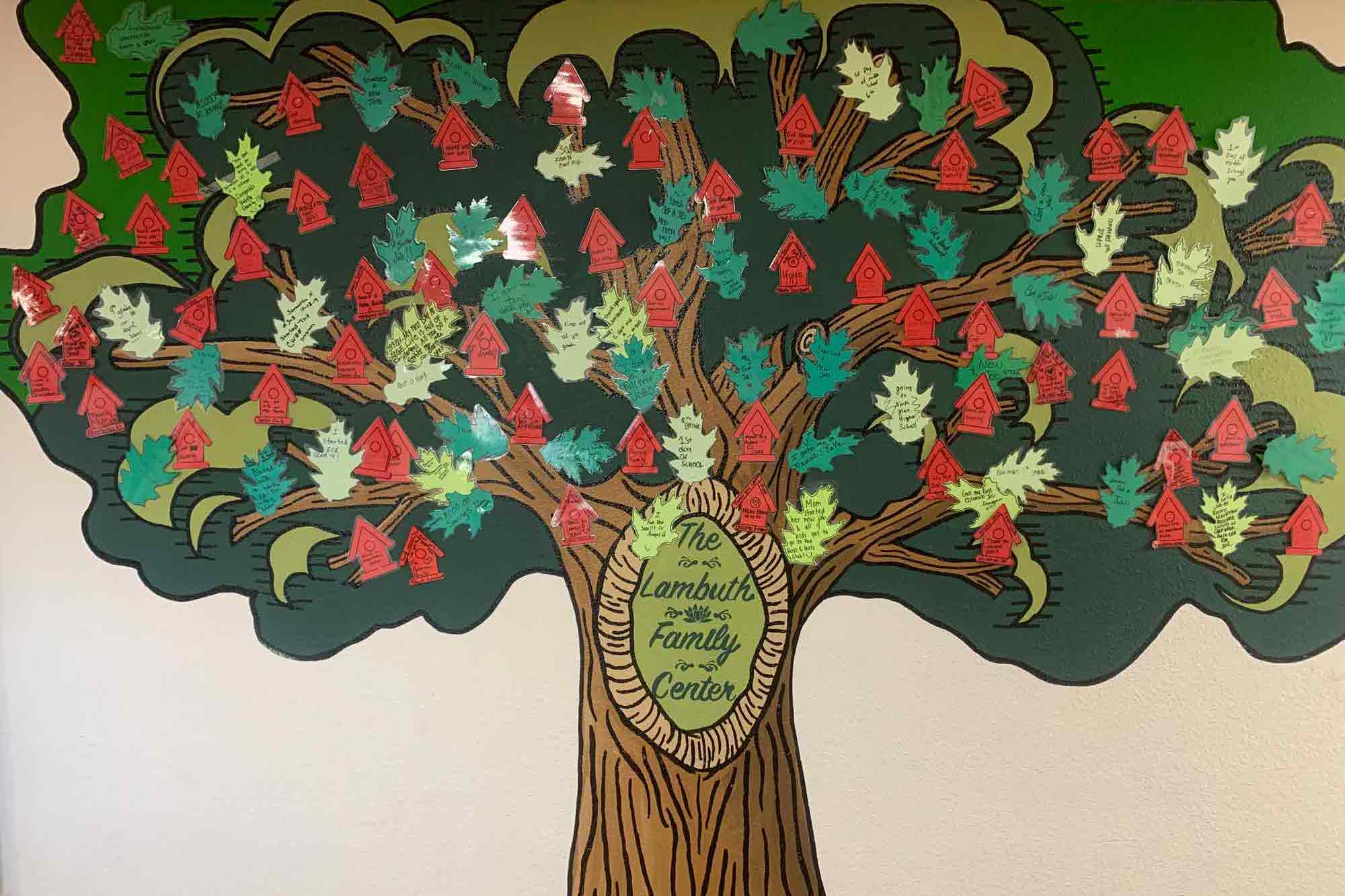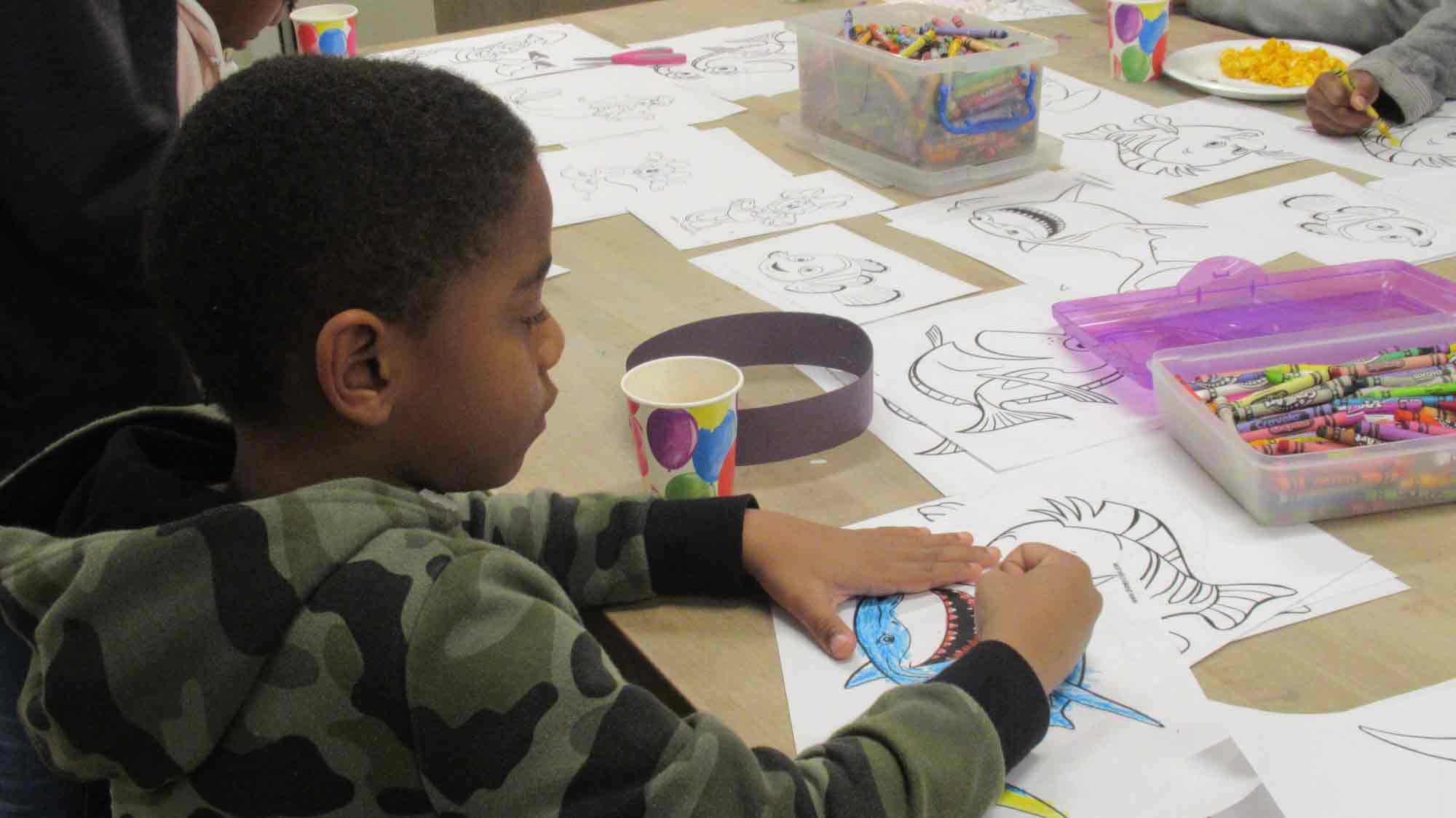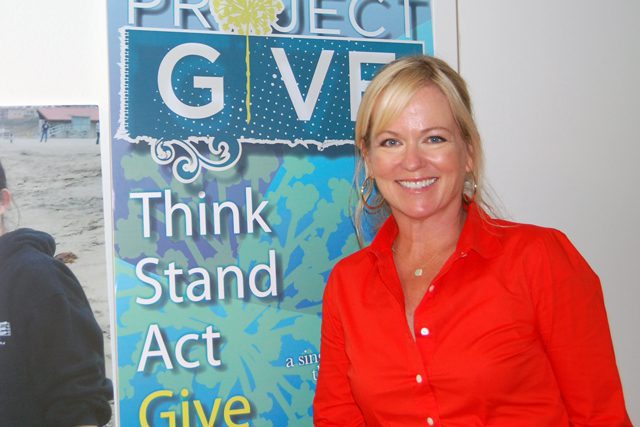Listen to this article
Listen to this article
Loading
Play
Pause
Options
0:00
-:--
1x
Playback Speed- 0.5
- 0.6
- 0.7
- 0.8
- 0.9
- 1
- 1.1
- 1.2
- 1.3
- 1.5
- 2
Audio Language
- English
- French
- German
- Italian
- Spanish
Open text
common sense from proverbs: tunnel vision. a scripture study from caring, part three of four. read part two here. plans go wrong for the lack of advice; many advisers bring success. –proverbs 15:22 nlt. tunnel vision is a condition when the focus of your eyes narrows its field of vision, like looking through a narrow tube. you can’t see sideways without turning your head. your peripheral vision ceases, and of course, peripheral vision is vital to sense motion and your surroundings. it prevents you from bumping into objects. with tunnel vision, your line of sight is vastly different. you see only the world in front of you. everything else fades to black. most often, the loss of peripheral vision is due to glaucoma, a disease caused by a build of up of fluid in the eyes. if left untreated, it can lead to blindness. in our spiritual journey, it’s easy to develop tunnel vision. we get focused on a sole objective and lose a sense of the situation around us, including the perspective and needs of others. in a forbes article on what bothers us most about our leaders, glenn llopis writes, “though many leaders have good intentions, they can get tunnel vision over time and fall into the trap of complacency. as a result, they lose sight of negative consequences they are creating that few will ever confront them on. employees are looking for leaders who are genuinely interested in understanding their needs before their own.”. you might have a great idea to accomplish the mission but may need slow down the process. where is your team in the mix? are you all on the same page? what are some of the unaddressed challenges you need to overcome before you press on? proverbs 15:22 reminds us, rather bluntly: the wise leader surrounds himself with those who can give sage advice—not just want we want to hear. seeking god’s will in our life can become all-consuming. but clearly, we are not called to the journey of attempting to figure it all out on our own. when you face major or minor decisions, it’s crucial to ward off tunnel vision and seek advice. of course, take great care and use common sense in deciding who to turn to. if i am planning to build a home, i might ask my friends for their input in regard to style, size, shape and location. but to take it any further, i would need to consult someone who is familiar with building. getting expert feedback on the details is critical—consider the drawings, zoning issues, how to finance the project, and more importantly, who should be contracted to build the house. our plans can only be strengthened by seeking input from those who have been there. building a network of mentors will offer a strong foundation of wise voices to speak into our lives with honest feedback and perspective. creating that foundation will require your effort, intentionality, time, discernment and an openness to input. a time to reflect. meditate on proverbs 15:22. what is your decision-making process? who is involved? think of a poor decision you’ve made. what could you have done differently in your decision-making process? who are your go-to people when you need to make a crucial decision? get the do good digest. you’ll join 23k+ people who care and get weekly inspiration sent right to your inbox. plus, you’ll be the first to receive the next part of this study. do good:. want the full study now? get inside the caring magazine scripture study collection and find a suite of free, downloadable bible studies to guide you through topics from new beginnings through forgiveness, to understanding our imago dei or life hacks from david. subscribe to the do gooders podcast and tune in for good ideas. get inspiration from the experts on how to do good and find meaning along the way—and join thousands in making an impact for good right where you are. tell people who you are, what you’re passionate about and why you care. find confidence, healing or simply the satisfaction of finding your voice, owning your story and sharing it with others. sign up for our free email course and get started today.
Open context player
Close context player
Plays:-Audio plays count
common sense from proverbs: tunnel vision. a scripture study from caring, part three of four. read part two here. plans go wrong for the lack of advice; many advisers bring success. –proverbs 15:22 nlt. tunnel vision is a condition when the focus of your eyes narrows its field of vision, like looking through a narrow tube. you can’t see sideways without turning your head. your peripheral vision ceases, and of course, peripheral vision is vital to sense motion and your surroundings. it prevents you from bumping into objects. with tunnel vision, your line of sight is vastly different. you see only the world in front of you. everything else fades to black. most often, the loss of peripheral vision is due to glaucoma, a disease caused by a build of up of fluid in the eyes. if left untreated, it can lead to blindness. in our spiritual journey, it’s easy to develop tunnel vision. we get focused on a sole objective and lose a sense of the situation around us, including the perspective and needs of others. in a forbes article on what bothers us most about our leaders, glenn llopis writes, “though many leaders have good intentions, they can get tunnel vision over time and fall into the trap of complacency. as a result, they lose sight of negative consequences they are creating that few will ever confront them on. employees are looking for leaders who are genuinely interested in understanding their needs before their own.”. you might have a great idea to accomplish the mission but may need slow down the process. where is your team in the mix? are you all on the same page? what are some of the unaddressed challenges you need to overcome before you press on? proverbs 15:22 reminds us, rather bluntly: the wise leader surrounds himself with those who can give sage advice—not just want we want to hear. seeking god’s will in our life can become all-consuming. but clearly, we are not called to the journey of attempting to figure it all out on our own. when you face major or minor decisions, it’s crucial to ward off tunnel vision and seek advice. of course, take great care and use common sense in deciding who to turn to. if i am planning to build a home, i might ask my friends for their input in regard to style, size, shape and location. but to take it any further, i would need to consult someone who is familiar with building. getting expert feedback on the details is critical—consider the drawings, zoning issues, how to finance the project, and more importantly, who should be contracted to build the house. our plans can only be strengthened by seeking input from those who have been there. building a network of mentors will offer a strong foundation of wise voices to speak into our lives with honest feedback and perspective. creating that foundation will require your effort, intentionality, time, discernment and an openness to input. a time to reflect. meditate on proverbs 15:22. what is your decision-making process? who is involved? think of a poor decision you’ve made. what could you have done differently in your decision-making process? who are your go-to people when you need to make a crucial decision? get the do good digest. you’ll join 23k+ people who care and get weekly inspiration sent right to your inbox. plus, you’ll be the first to receive the next part of this study. do good:. want the full study now? get inside the caring magazine scripture study collection and find a suite of free, downloadable bible studies to guide you through topics from new beginnings through forgiveness, to understanding our imago dei or life hacks from david. subscribe to the do gooders podcast and tune in for good ideas. get inspiration from the experts on how to do good and find meaning along the way—and join thousands in making an impact for good right where you are. tell people who you are, what you’re passionate about and why you care. find confidence, healing or simply the satisfaction of finding your voice, owning your story and sharing it with others. sign up for our free email course and get started today.
Listen to this article

















